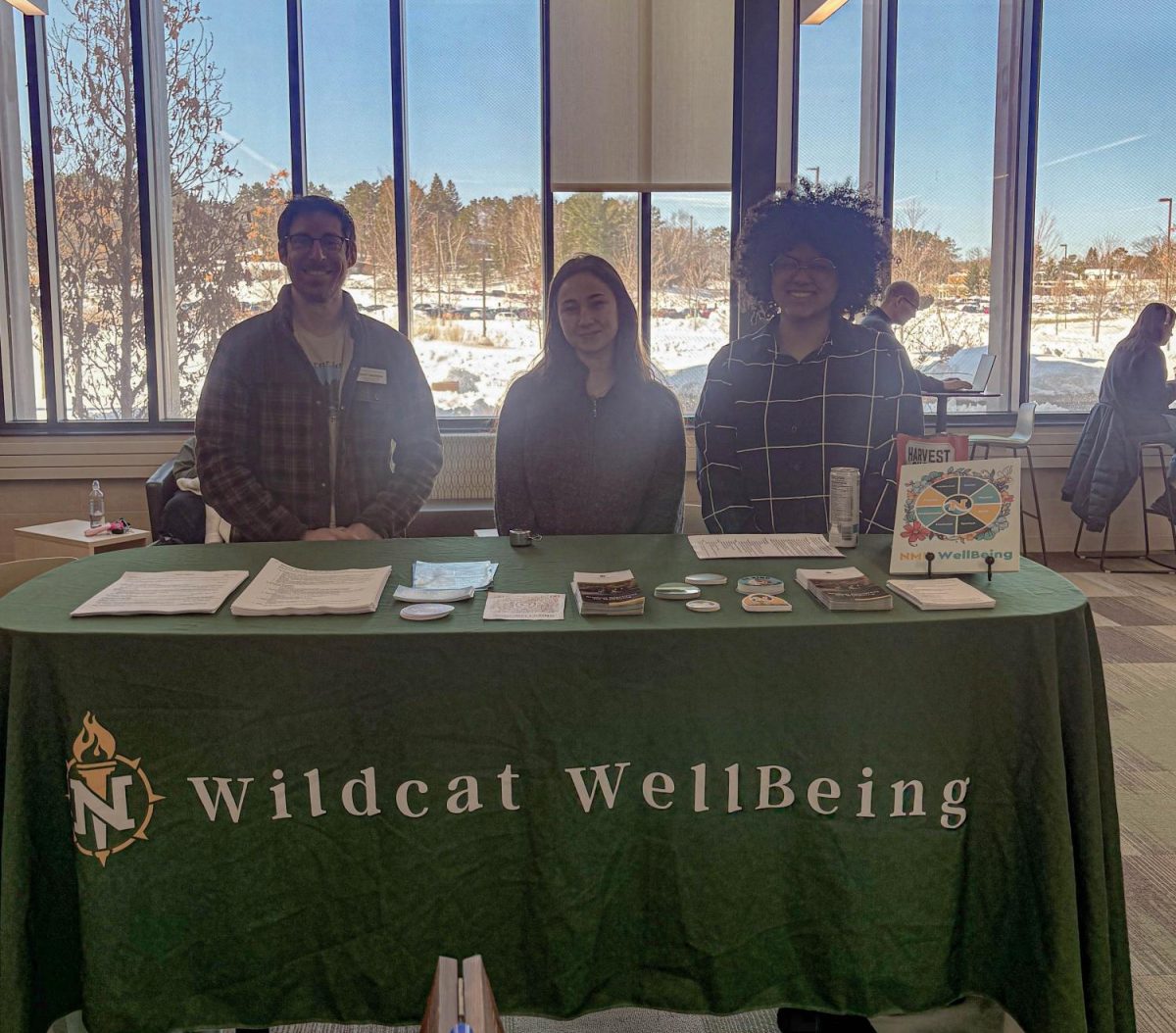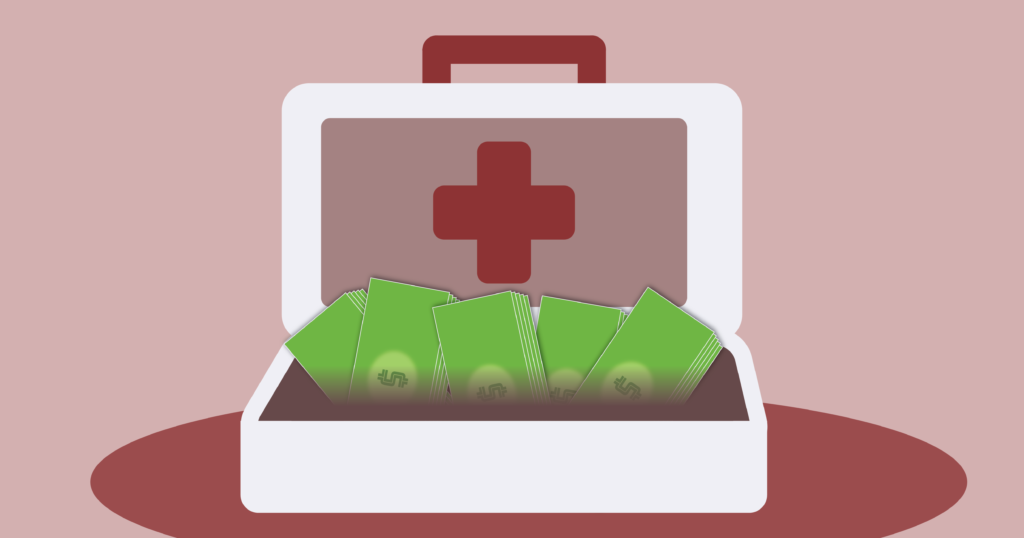At the beginning of the month, the Senate passed the $1.9 trillion COVID-19 package that contains many solutions to help Americans struggling economically during the pandemic. The biggest result of the passing of the package was the $1,400 stimulus check.
The COVID-19 relief fund and more specifically, the $1,400 stimulus check, can help students who are eligible to receive one in many ways. Whether it be with paying off debt and school bills, going towards basic human needs such as groceries or just paying their rent, the stimulus check is something that many are looking forward to receiving.
Ally Kozina, junior ecology major, has been working at Northern Lights Dining throughout her years at NMU. For Kozina, the stimulus check will be going towards paying off her credit card, other bills and whatever is left afterward will be put towards student loans. During the pandemic, Kozina said that financially she has been affected due to the decrease she has seen in her paychecks.
“I have been struggling to make bills on time that I normally would be fine to make on time,” Kozina said.
Kozina at one point was worried that she would not be able to return to school due to the lower amount of hours she received during winter break that would have gone towards paying for school in the winter semester.
“I really feared that I would not be able to make things meet with coming back, for example gas, food for my apartment for the month, fun in general and books for my classes,” Kozina said. “While I made things work, it was definitely tight for the first month of school.”
For many students, including Kozina, this was a very real concern and unfortunately, there were students who were unable to return to campus. According to the recent enrollment numbers, 814 students did not return for the winter semester.
As for some students who are still dependent under their parents or in households that made above $160,000 a year, they did not personally receive a stimulus check. Mary Voet, junior English writing major, is a dependent under her parent’s taxes, therefore did not receive a check.
“I am a dependent on my parent’s taxes and I guess my parents are above the pay line so they did not get stimulus checks, which means I did not get one either, even though this next round was also supposed to include dependents,” Voet said.
Despite not receiving a stimulus check, Voet has been able to still make an income by working at Jimmy John’s, however, things were not always easy for Voet at the beginning of the pandemic.
“It was hard to find a job after we got out of school since I was no longer working on campus and I had to be on unemployment for a few months,” Voet said.
If Voet were to have received a stimulus check, Voet said that she would have put it towards rent and bills for both school and personal expenses.
“I hate knowing how much I am paying for online classes where I do not feel like I am learning anything or getting a proper education,” Voet said. “I am going to spend the rest of my life paying off student loans probably and it would be nice to know it was not a waste.”
For many different reasons, some were left without the opportunity to get $1,400, leaving them still struggling during this time. Kozina said that she feels NMU could do a better job with advertising the food pantry as it is an important resource for those in need.
“Some students really hit hard with potentially not having food and their food pantry is a great option for getting help,” Kozina said. “In addition, I think some of the university’s prices could have decreased. For example, parking passes for commuters, the student recreation fee for games and events that did not get used.”
Recently students received $31 from NMU. This amount was allocated from money that was originally put towards the athletic fee. Due to facilities being shut down and unable to be used, Erickson said that this money was a refund for students who did pay for the services and was unable to use them.
In addition to the stimulus check, the COVID-19 relief plan has offered other options for Americans who are struggling financially during the pandemic. According to a recent CNN article, covering the relief plan, this would benefit those who are without a job, those on food stamps, low-income households and those with children.
Overall the COVID-19 relief plan will benefit many Americans during the pandemic who are struggling financially due to the economic fall caused by the pandemic. However, this does not change the fact that many are still without a job. In January, the Congressional Research Service reported that in December of 2020 the unemployment rate was at 6.7%.
Part-time workers, which are many NMU students, had the largest peak of the unemployment rate at a 24.5% compared to the full-time worker’s unemployment rate that was at a 12.9%. For Emma Carey, sophomore nursing major, Carey’s parents were affected primarily by the pandemic rather than herself.
“My parents are both chefs and my mom had been traveling all over just for work,” Carey said. “They chose to help support my living expenses and that’s how it’s impacted me.”
The stimulus checks are currently being sent out with the first batch being deposited on Friday, March 12. Those who have yet to receive their stimulus checks can expect to receive them either by direct deposit or mail within the coming weeks.

























